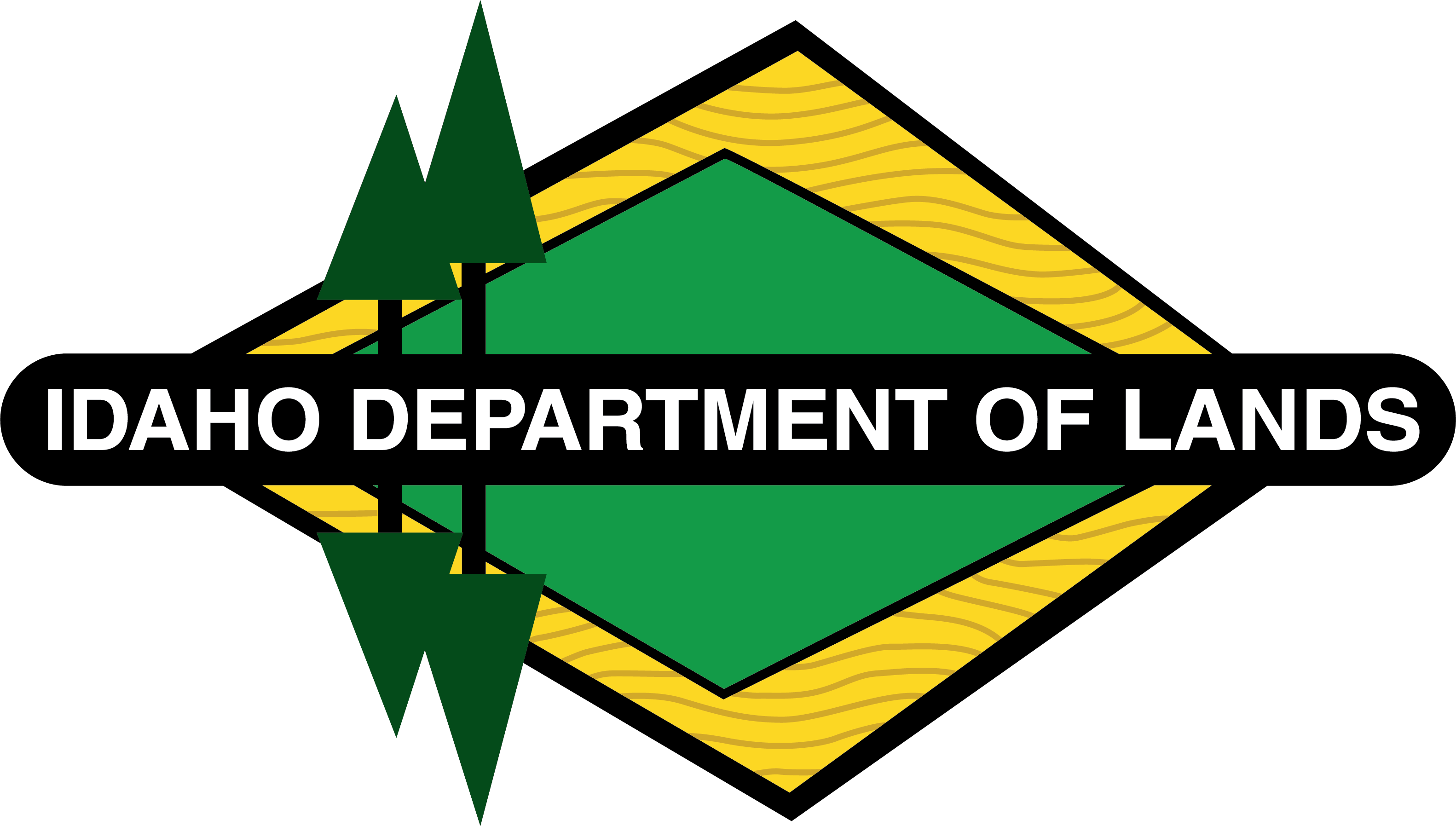Director Miller Addresses McCall Endowment Land
Thursday July 23, 2020By Dustin Miller
Director, Idaho Department of Lands
If you have seen the forests around Payette Lake in McCall, you have laid your eyes on Idaho endowment lands. Have you used the new Payette Lake Trail? Then you have walked those lands. Or maybe you or someone you know has enjoyed lakefront property because of endowment land leasing opportunities.
Even if you haven’t done any of those things, you still benefit from endowment lands in McCall. If you went to public school in Idaho, those endowment lands helped fund your education. Those lands are funding schools today. If you pay taxes in Idaho, the amount is decreased because of endowment land revenue. If you or someone you know works in the timber industry, those workers - as well as the greater economy - have benefitted from endowment lands.
How does this all happen? When Idaho became a state, Congress granted Idaho endowment trust lands for the sole purpose of funding specified beneficiaries, which are largely public schools, but also the University of Idaho, state hospitals for the mentally ill, Lewis-Clark State College, state veterans homes, Idaho State University, the Capitol Commission, Idaho School for the Deaf and Blind, and Idaho’s juvenile corrections system and prison system.
How the State Board of Land Commissioners (Land Board) must manage these lands is also written in the Idaho Constitution. Article IX, Section 8 mandates that they will be managed “…in such manner as will secure the maximum long-term financial return to the institution to which [it is] granted.” Under the direction of the Land Board, we generate revenue from endowment lands through timber sales, as well as by leasing the lands for grazing, farming, conservation leasing, communication sites, recreation, residential/commercial real estate, minerals, and more. The Idaho Department of Lands is the administrative arm of the Land Board charged with the day-to-day management of these lands.
Endowment lands impact all of us in one way or another. But it’s the beneficiaries that have our undivided loyalty. This loyalty is core to the constitutional purpose of endowment lands. No matter how desirable some competing interests may be, we are constitutionally bound not to be swayed by anything that is not in the best long-term financial interest of the beneficiaries. Given our long-term land management mission, we also understand that improving the ecological condition of the lands we manage improves the bottom line for our beneficiaries.
This approach is what the state has strived to achieve in the McCall area for more than 100 years. We will continue with this approach as we listen to proposals from interested parties for endowment land use in the McCall area.
We understand that the thought of a proposed exchange of 28,000 acres of endowment land around McCall comes as a shock to many. We realize how much is at stake. That’s why the Land Board paused the leasing, selling, or exchanging of endowment land in the McCall area unless that land was already part of a previously approved action. This allows us the opportunity to conduct a thorough and honest evaluation of McCall endowment lands and what will bring the best long-term financial return, before we take any new actions on these lands.
Continuing with our timber harvests around the lake, offering additional land leases, or even exchanging certain parcels are all options. Making these choices can be difficult, but remaining loyal to the beneficiaries will give us clarity as we look to the future of endowment lands in Idaho, and what options will best serve the school children of today and tomorrow.

